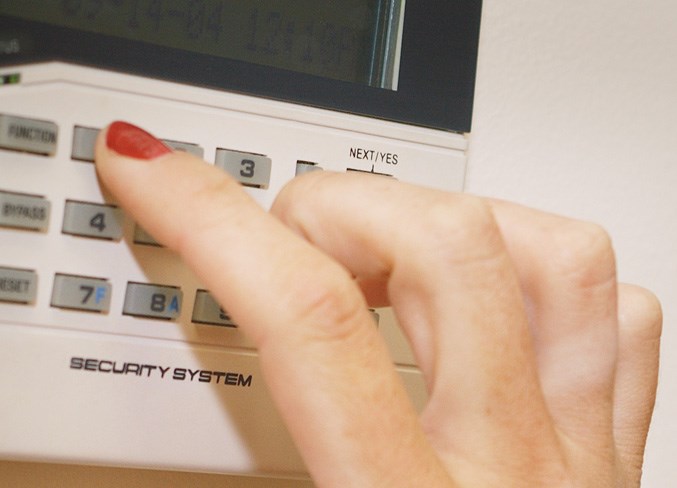Olds RCMP are no longer required to respond to all security alarm calls under a new provincewide policy recently enacted.
Effective July 13, Alberta RCMP’s new policy is to verify alarms before responding and to not respond to alarm systems that are triggered only once.
RCMP made the policy public last week, pointing to a review which the law enforcement agency says shows most alarms that are only triggered once are false alarms which ties up 911 lines and police resources.
“By cutting down on false alarms, we can ensure our officers are where they are needed most,” said RCMP Assistant Commander John Ferguson, criminal operations officer CORE, K Division.
Last year, RCMP in Alberta received just under 15,500 false alarm calls which the force says equates to nearly 8,000 human resource hours that could have been dedicated to more urgent calls for service.
“False alarms are definitely an issue. We’re responding to several in a week,” said Olds RCMP Cpl. Courtney Harding, adding they tie up a huge amount of resources.
Between Aug. 7 and Aug. 14, Olds RCMP responded to eight false alarms. The week previous, seven.
Harding said although the local detachment has been responding to “one-hit” alarms since the policy was enacted, more consideration will be going into response.
“One hit” alarms are those where only one of many sensors in a home or business is triggered.
“It could be something moving in the window,” said Harding, or a wrong passcode entered.
“Multiple hits” means security alarm sensors have been triggered at various locations in a home or business, possibly indicating an intruder.
Under the policy, RCMP will still respond to ATM, multi-zone intrusion, panic, duress, holdup, glass break, domestic violence and verified alarms, which include any alarm at a school or financial institution during business hours.
The new provincewide policy is for RCMP officers to verify an alarm call with a keyholder listed with the alarm company or the property owner confirming police response is needed before responding.
“It puts the property reps and business reps in a position where they have to look at what’s causing the alarm,” said Harding.
“One-hit” alarm calls have come from both homes and businesses, she confirmed, adding there are places where "one-hit" alarms have become common.
In making the policy public last week, RCMP offered the following tips to cut down on false alarms:
• Ensure proper placement of equipment so that debris or animals will not trigger alarms.
• Know your alarm codes.
• Secure all windows and doors.
• Replace batteries regularly.
• Report damaged or faulty equipment to the alarm company.



